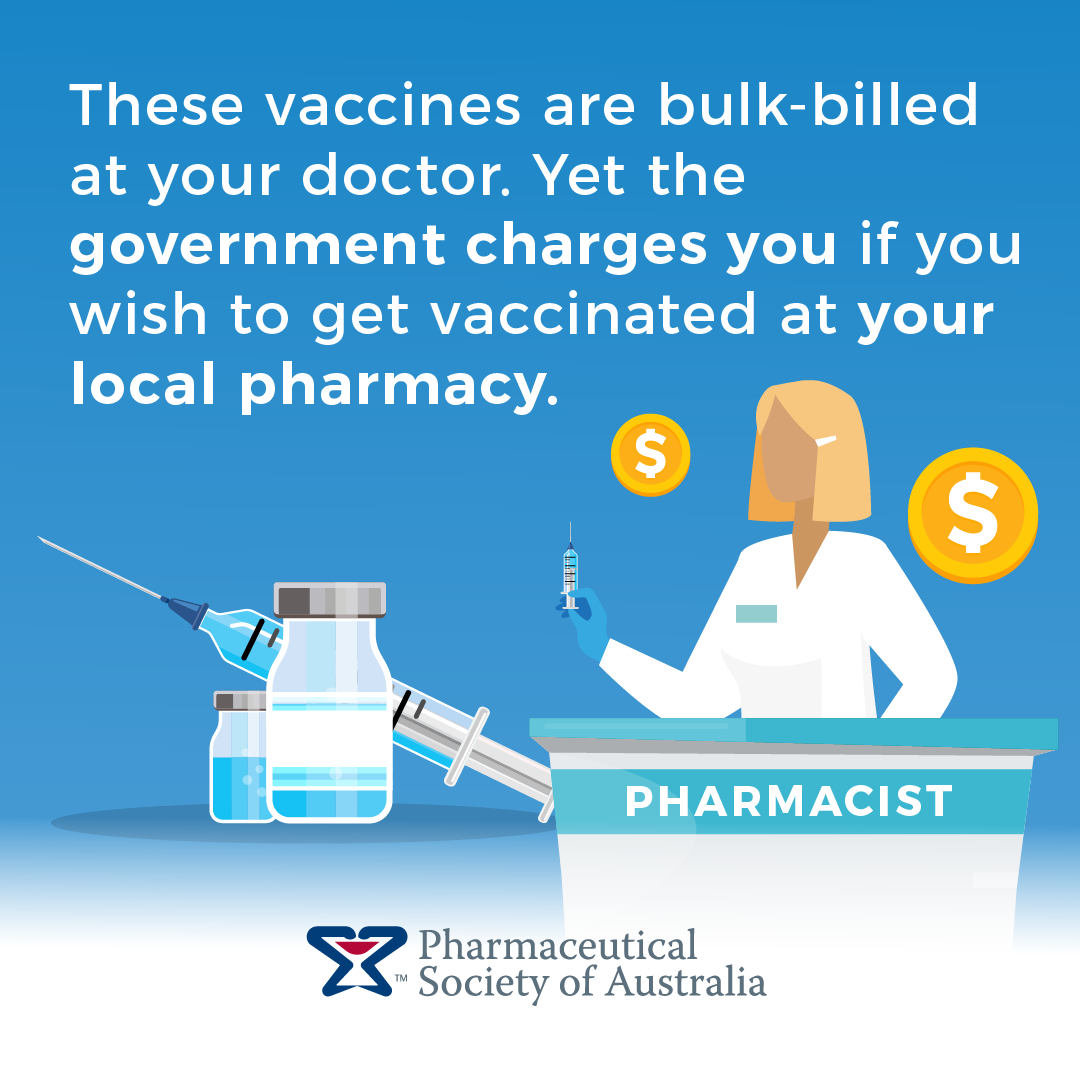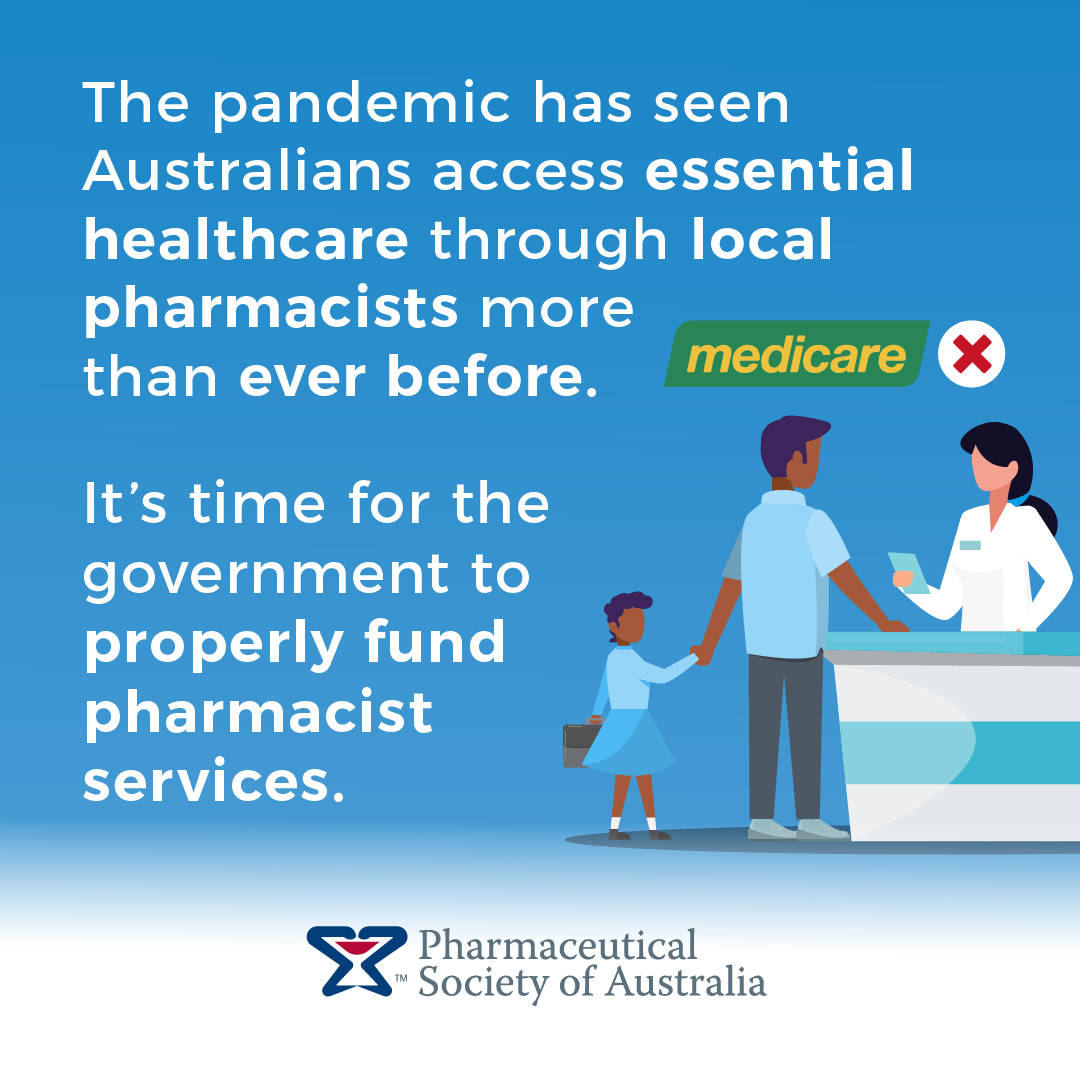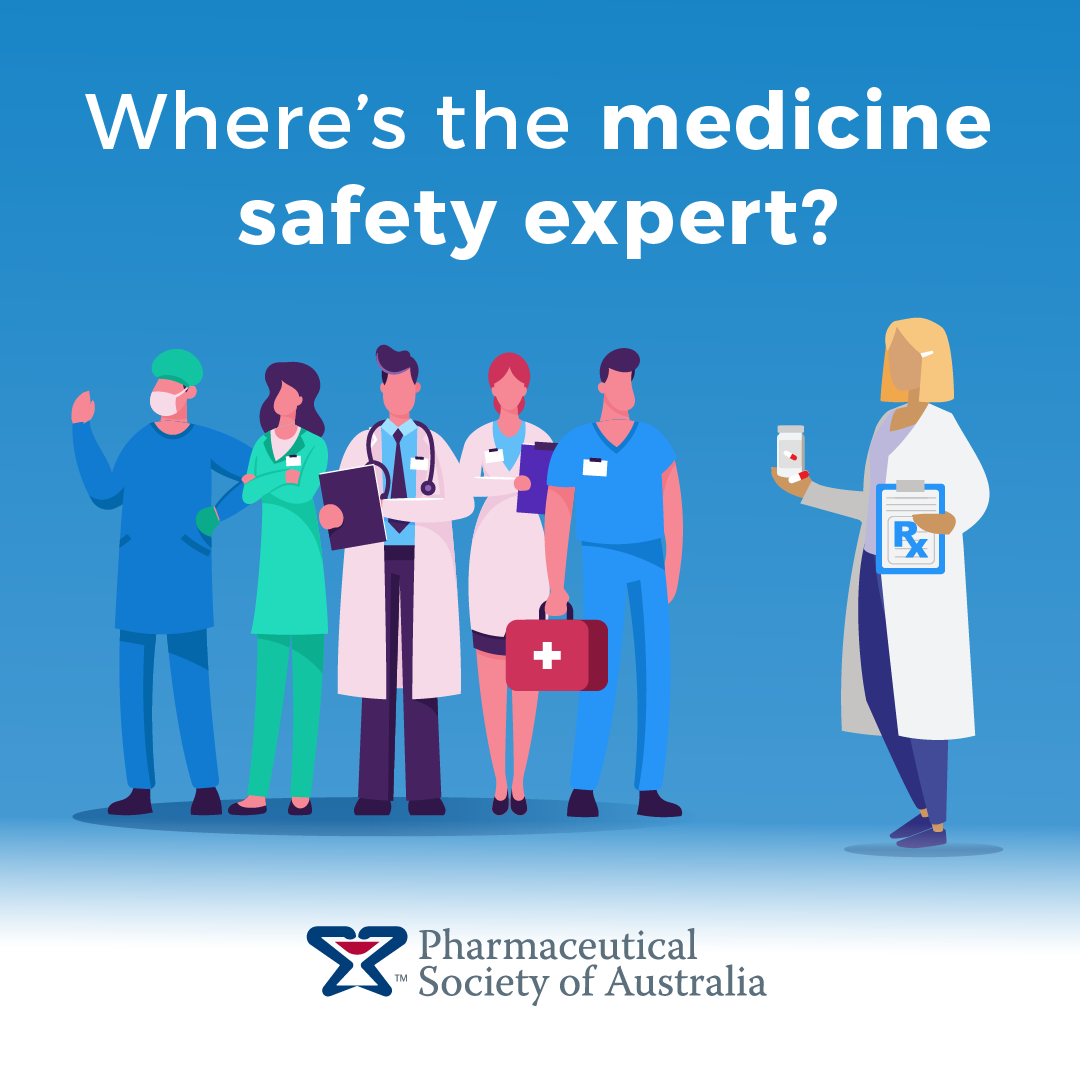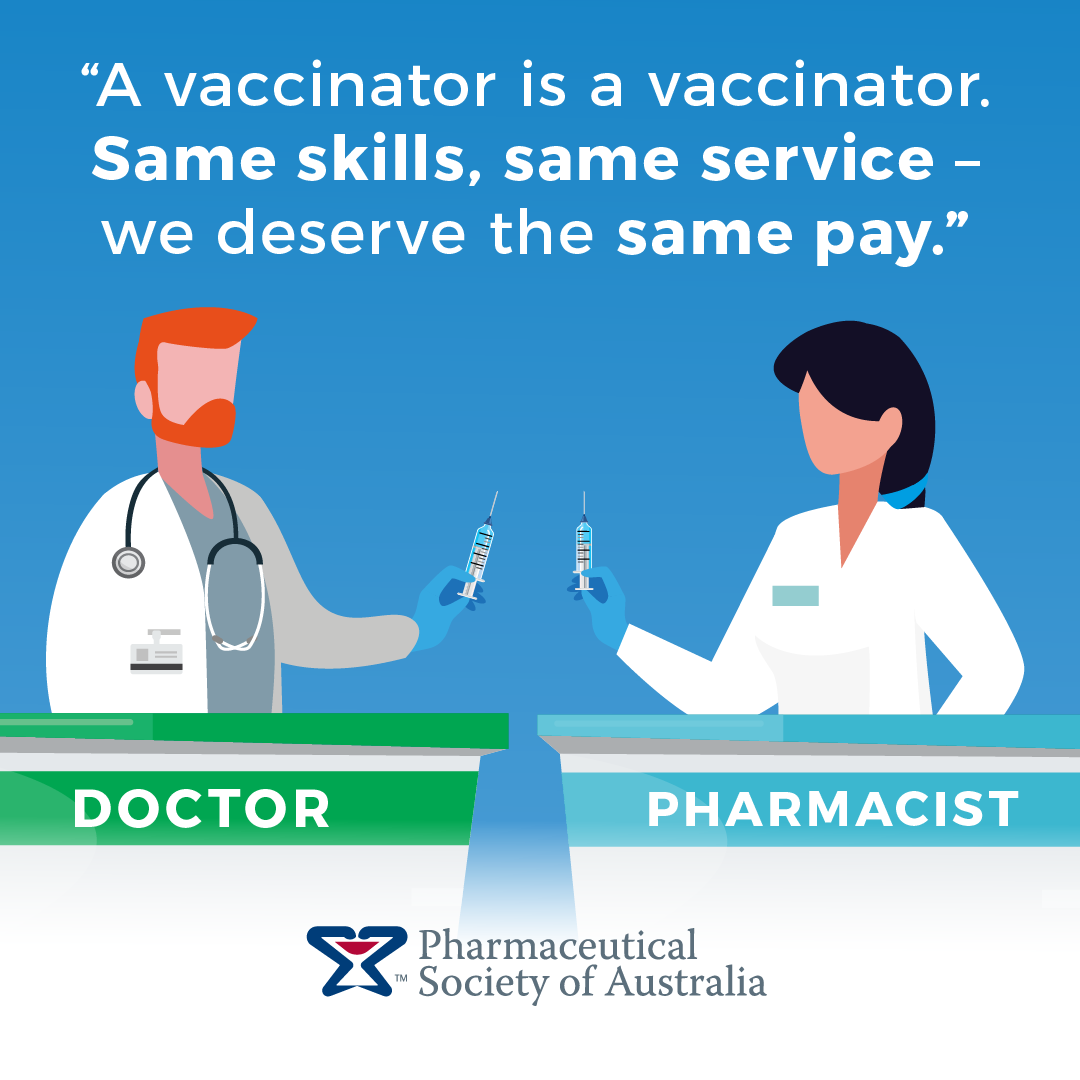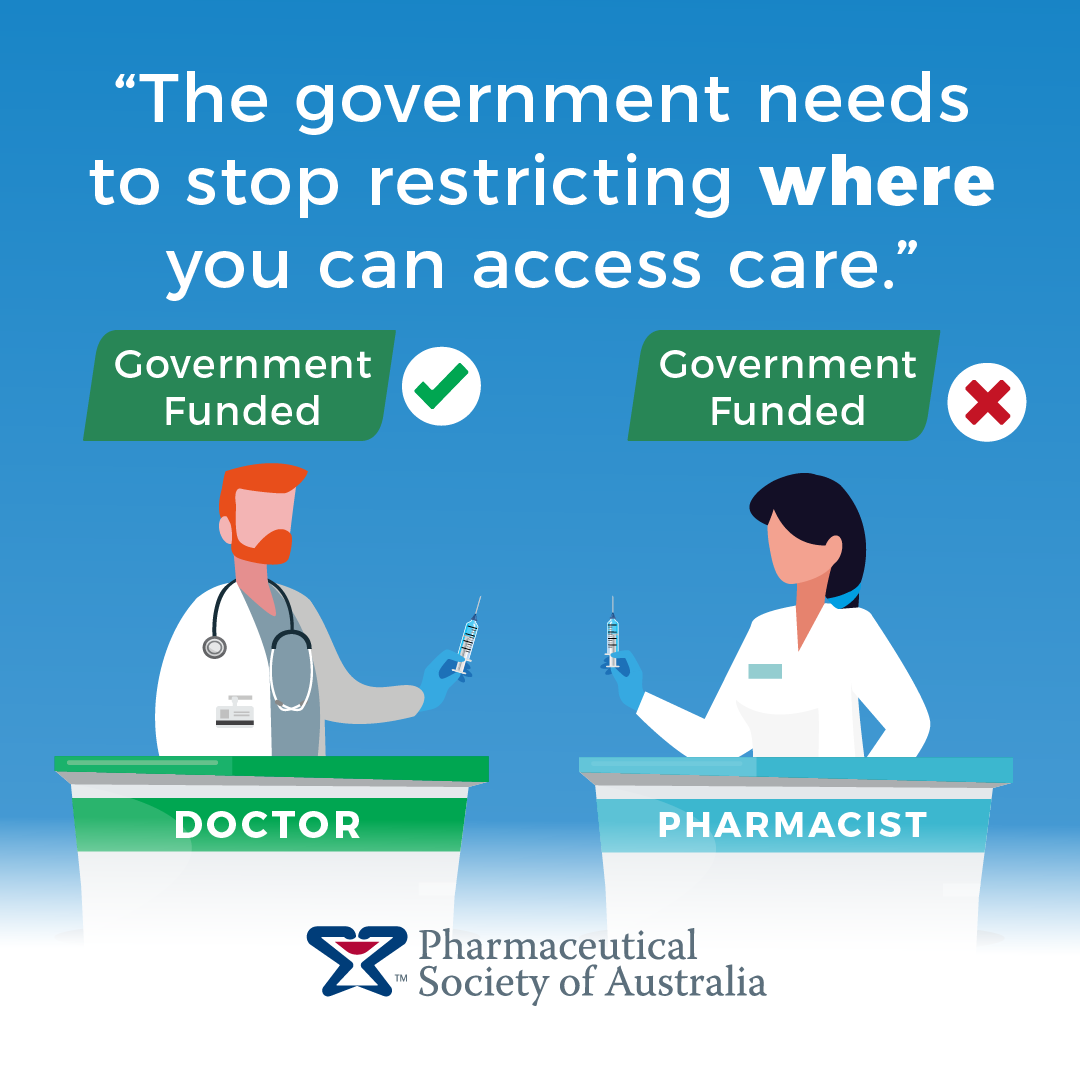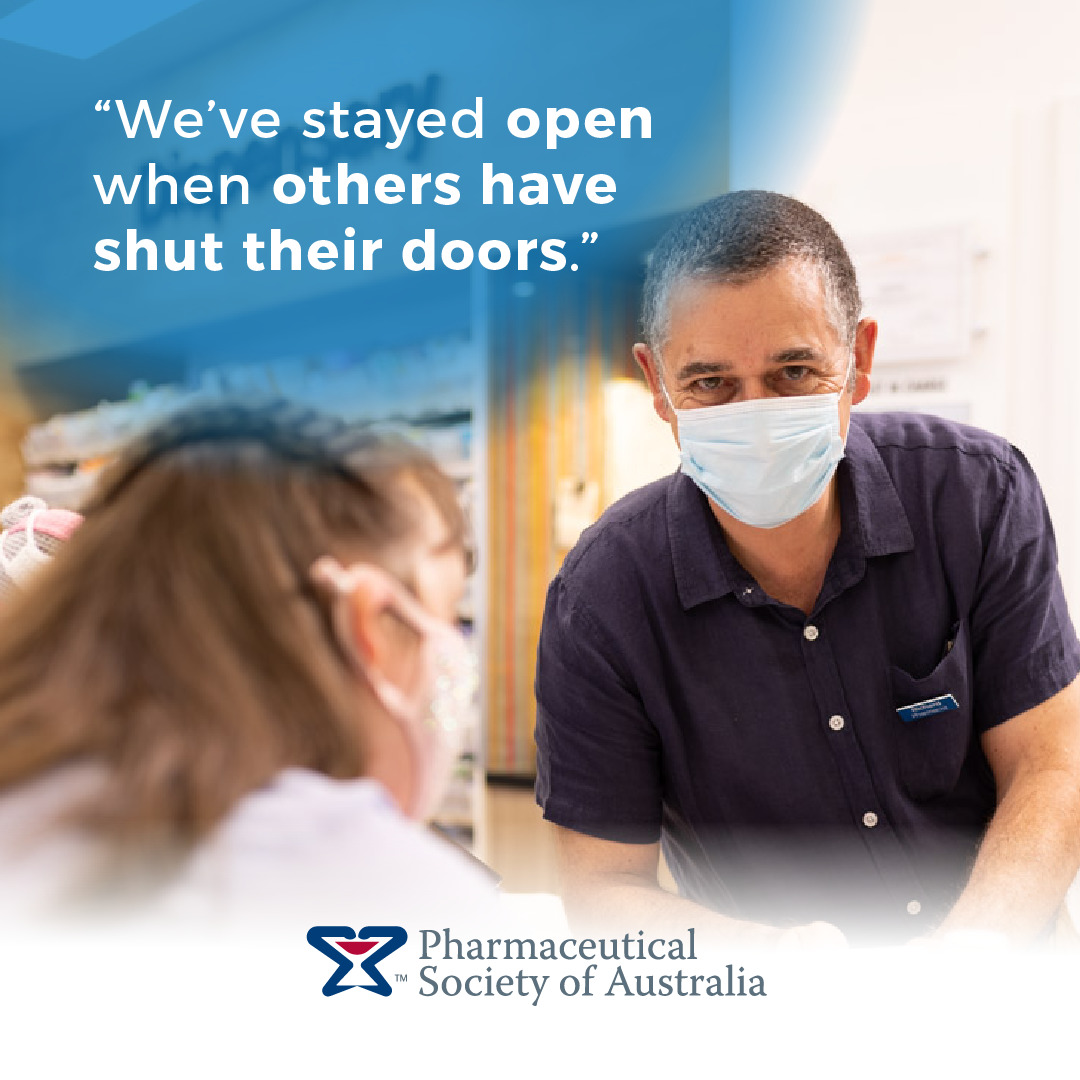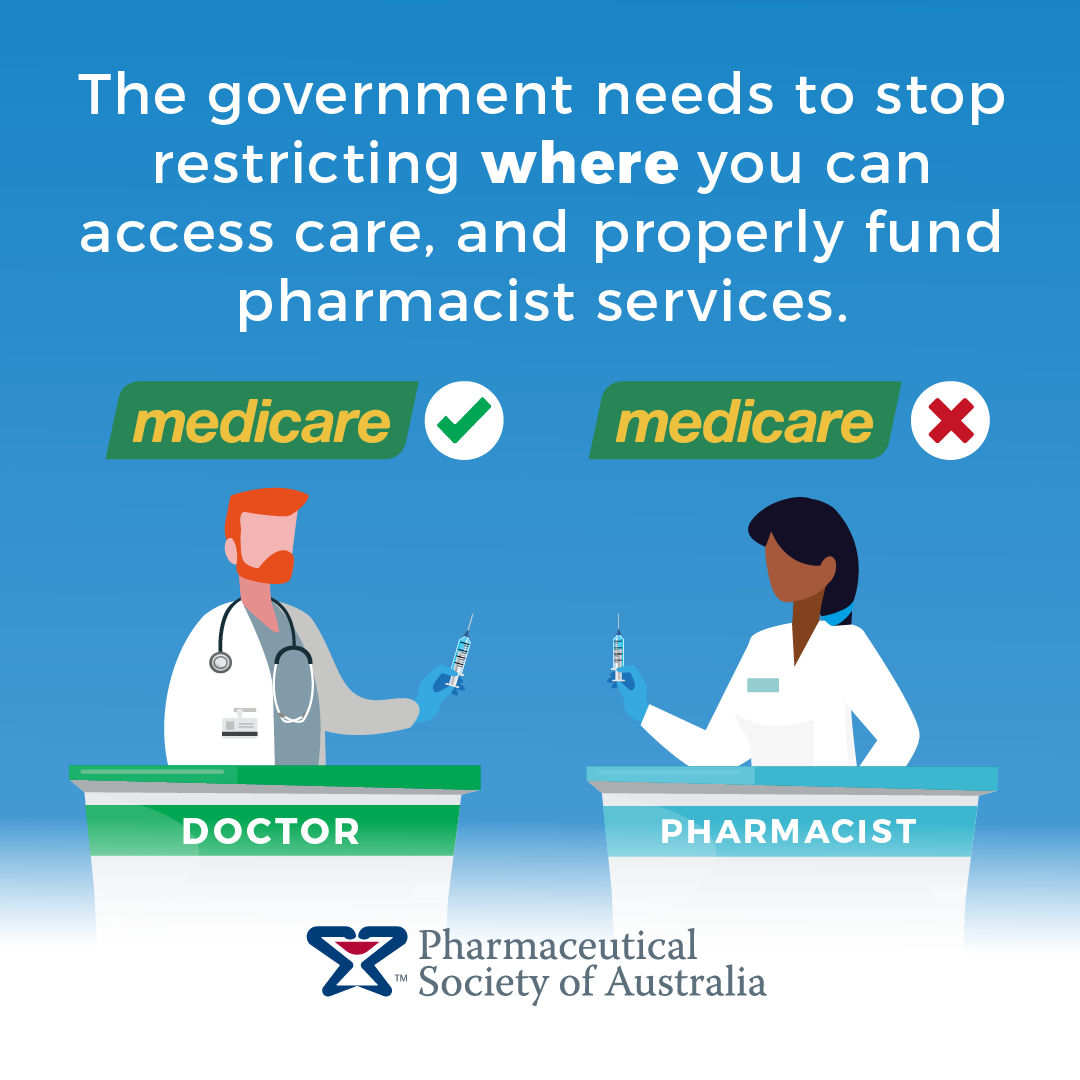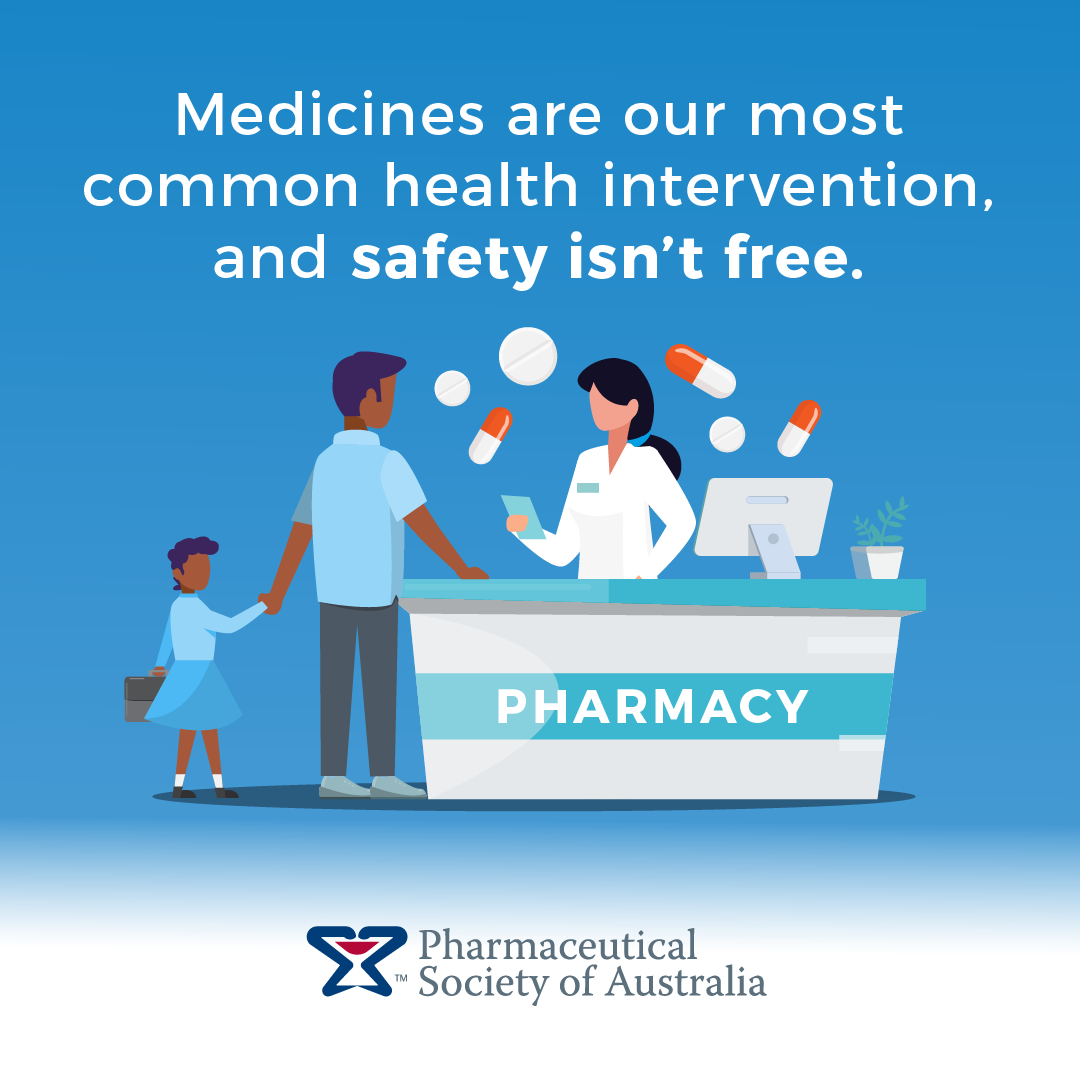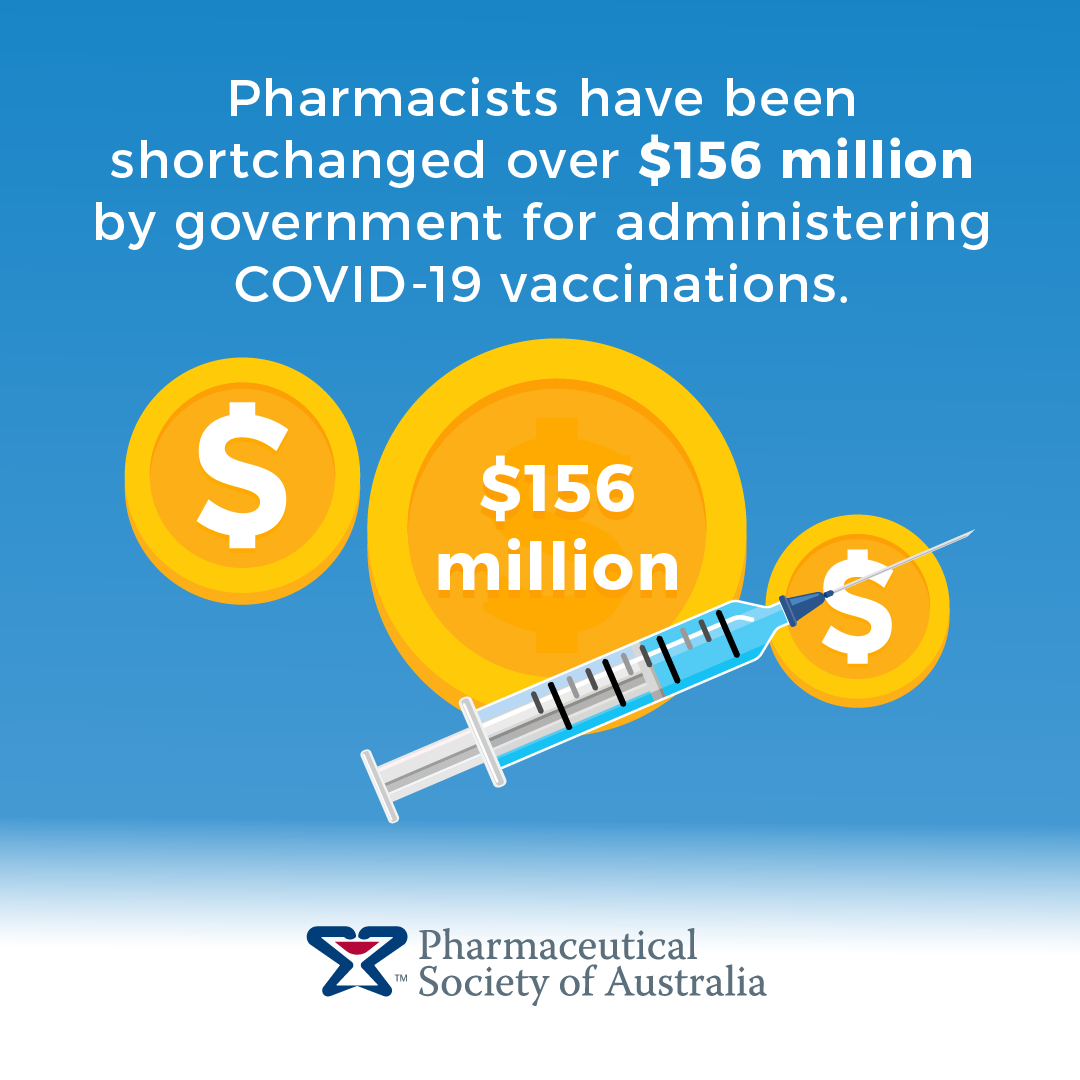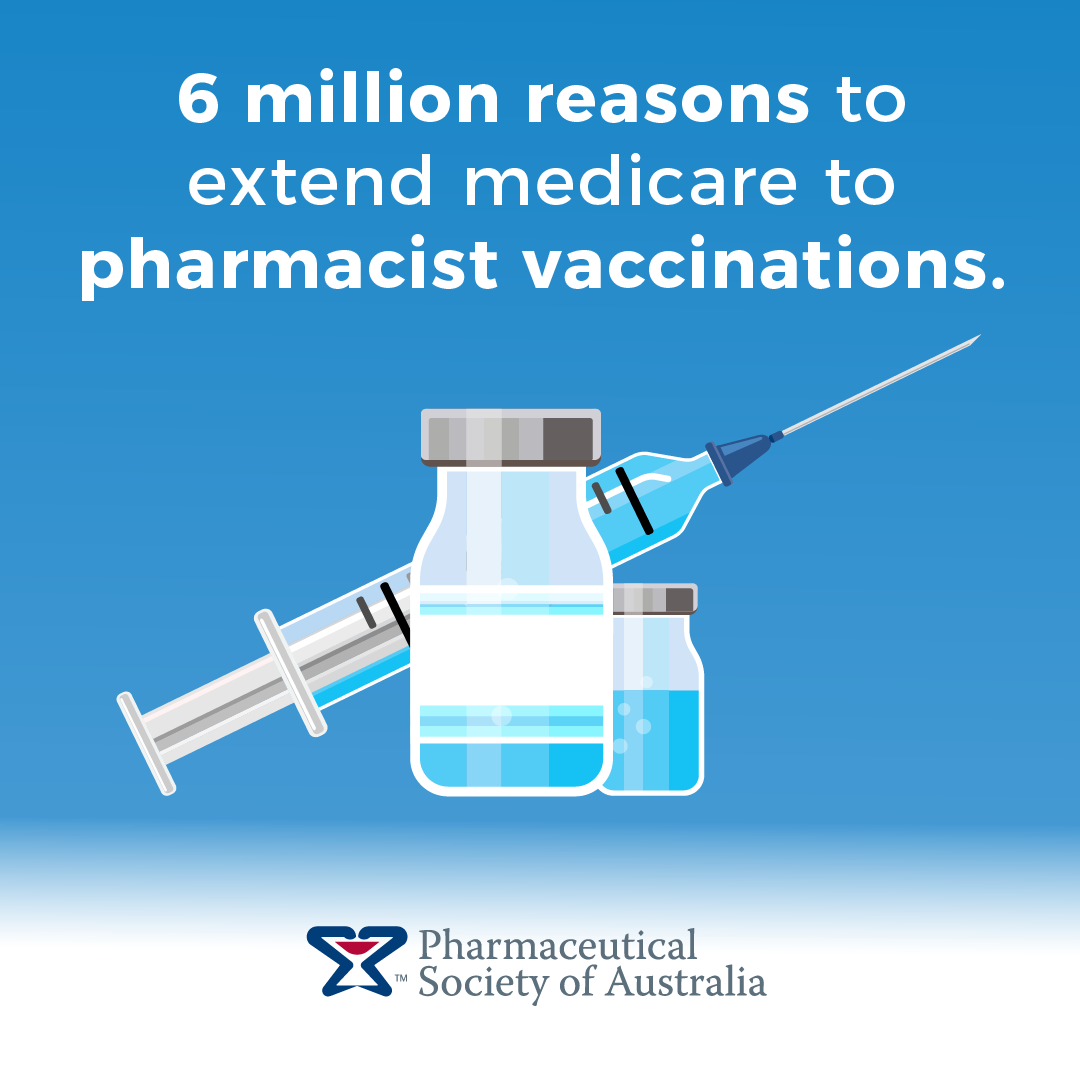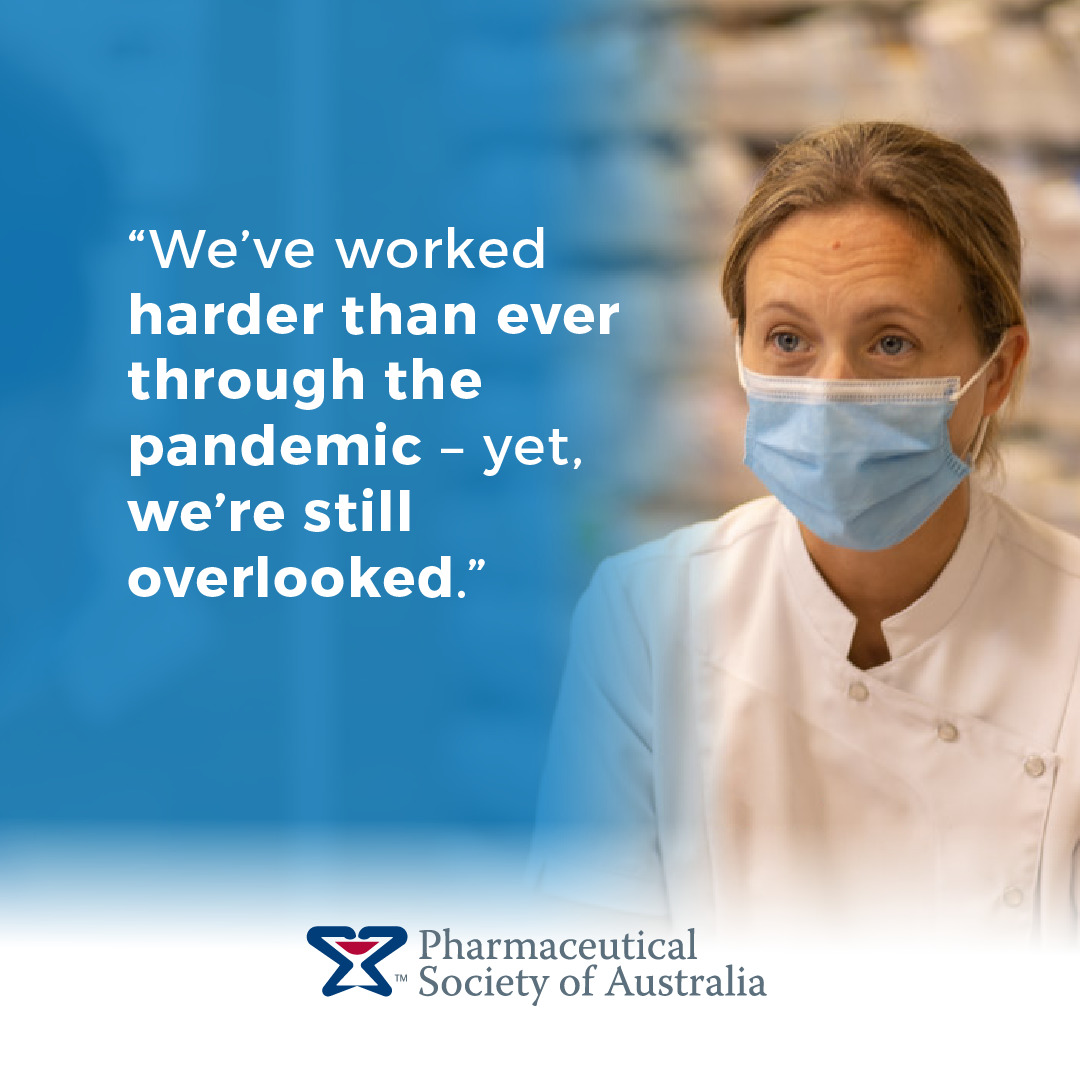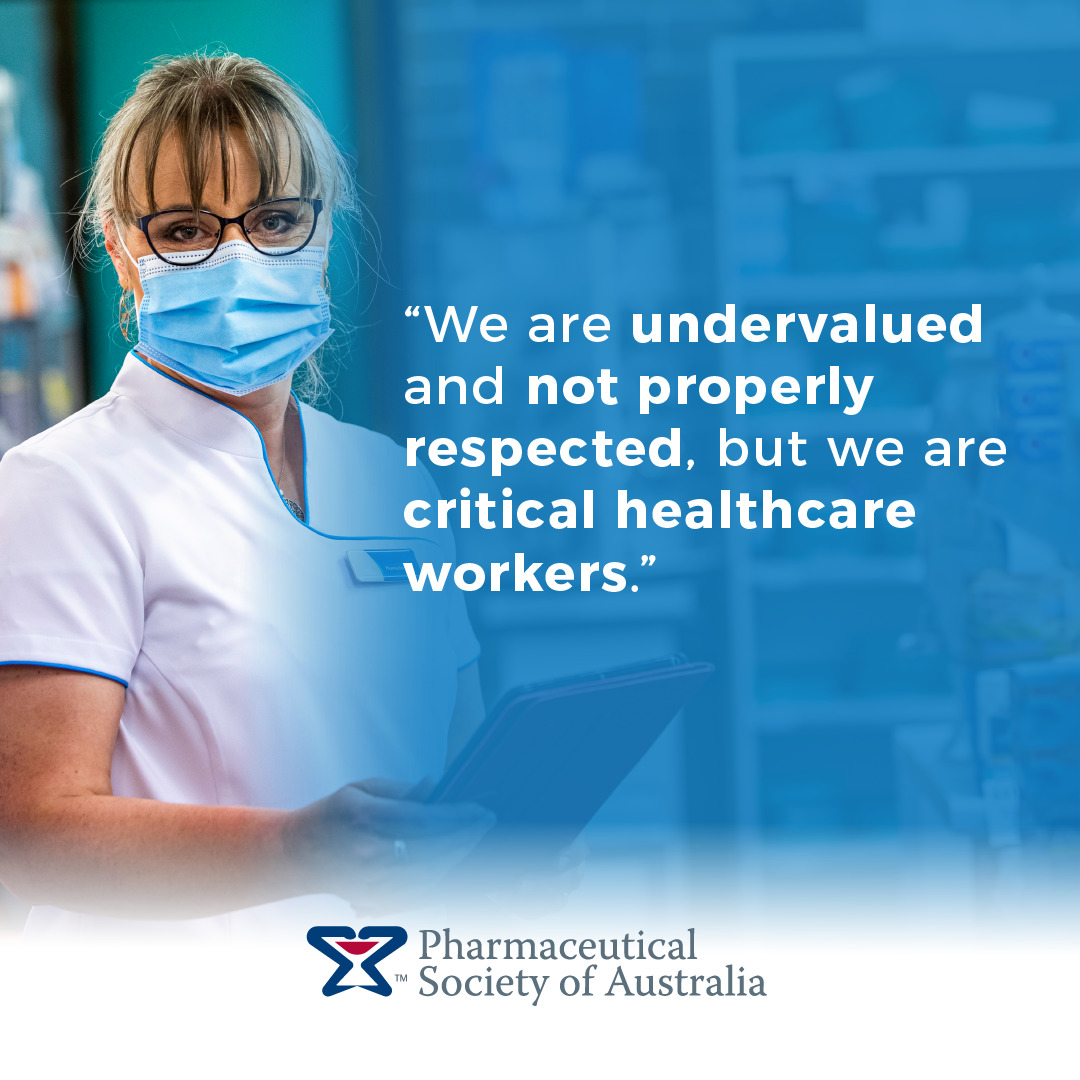Exceptional NSW pharmacists recognised!
Saturday 12th March 2022
Outstanding pharmacists have been recognised at the Pharmaceutical Society of Australia’s (PSA) NSW Annual Therapeutic Update (ATU) conference held this evening in Newcastle.
The annual NSW ATU conference brings together the pharmacy profession to discuss the latest activity and innovation within the health sector to support the delivery of high-quality healthcare to the community.
During this annual event, the NSW Pharmacy Awards are held. These awards acknowledge and celebrate the contributions of outstanding NSW pharmacists through the Intern Pharmacist of the Year, Early Career Pharmacist of the Year, Pharmacist of the Year and the Lifetime Achievement awards.
This year’s winners are as follows:
- Intern Pharmacist of the Year – Blake McCallum
- Early Career Pharmacist of the Year – Dr Sarira El-den
- Pharmacist of the Year – Lucian (Luke) Kelly
- Lifetime Achievement – Grahame Cox
PSA’s NSW Branch President, Chelsea Felkai, congratulated the winners on their success and acknowledged their contributions.
“I congratulate this year’s award recipients for their substantial contribution to the profession, supporting the health and wellbeing of the NSW community.
“The calibre of submissions this year was once again very high, and it wasn’t an easy decision when you consider the way in which pharmacists have stepped up over the past two years,” she said.
Former NSW Branch Committee member and Hunter Valley-based pharmacist, Luke Kelly, was awarded Pharmacist of the Year for his contribution to pharmacy education, student mentoring and ground level support of community pharmacists.
“Luke has been recognised for his significant contribution to the pharmacy profession in New South Wales, and as he is President of the Newcastle Hunter Valley Pharmacists Association, it is fitting that he has received this honour here in Newcastle.
“He offers critical support services to community pharmacy and has supported the roll out of programs including My Health Record and other mental health initiatives across the region, notably, the depression screening program, EMPATHISE. He is also a pharmacist mentor in the national PharMIbridge trial,” Ms Felkai said.
Sydney-based pharmacist, Grahame Cox, an influential pharmacy academic, received the Lifetime Achievement Award for his significant contribution to Australian pharmacy over the course of 50 years.
“Grahame was amongst the second cohort of pharmacy students accepted into the University of Sydney, enrolled in the recently-established Bachelor of Pharmacy course in 1961. He was also instrumental in the formation of Pharmacy Graduates Association.
“In 1969, he was the first pharmacy graduate to be appointed to the Council of the Pharmaceutical Society, where he went on to serve for eight years.
“Over the course of his career he worked in community pharmacy, government and also served as an inspector with the NSW Pharmacy Council, all whilst lecturing at the University of Sydney and taking part in seminars and conferences on behalf of the PSA.
“His illustrious career, spanning over half a century, has had substantial impact on modern pharmacy across the state, and his advocacy for the profession has helped make Australian pharmacy what it is today,” Ms Felkai said.
Sarira El-den, Senior Lecturer at the University of Sydney, was named Early Career Pharmacist of the Year for her outstanding contribution to pharmacy education and research.
“Sarira has trained thousands of pharmacists around Australia in mental health. Her passion for pharmacy drives her to improve the way pharmacists care for vulnerable patients with mental health issues and she is an integral researcher in this field.
“She is one of the lead investigators in the PharMIbridge trial and has also led the development of training and educational resources which support perinatal women suffering from depression,” Ms Felkai said.
Broken Hill-based intern pharmacist, Blake McCallum, was awarded Intern Pharmacist of the Year for the exceptional level of support he has provided to rural and regional communities.
“Blake is a passionate, emerging pharmacist who has been integral in vaccinating rural and remote Western NSW communities against COVID-19.
“His knowledge base and exceptional clinical skills has had a significant impact on the Broken Hill community and his work with the Aboriginal Community Controlled Health Organisation, Maari Ma Health, demonstrates his commitment to improving the health of his community,” Ms Felkai said.
PSA congratulates all winners on their achievements and thanks them for their service to pharmacy in NSW.
Media contact: PSA media 0424 777 463
